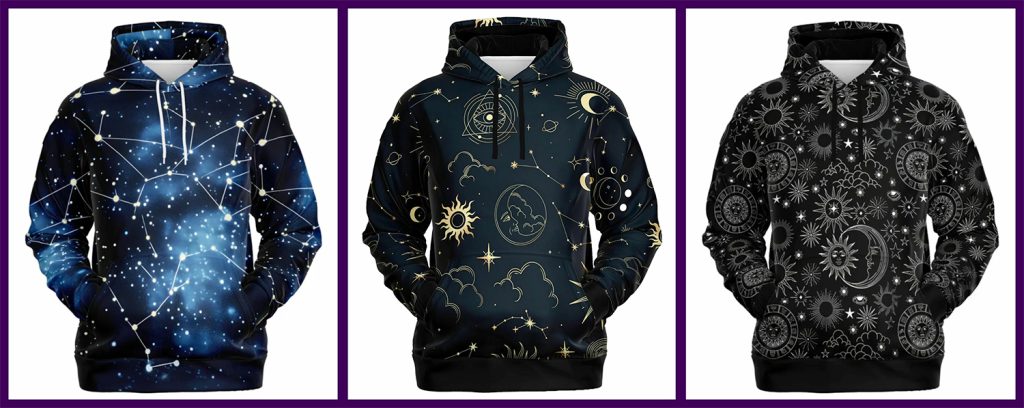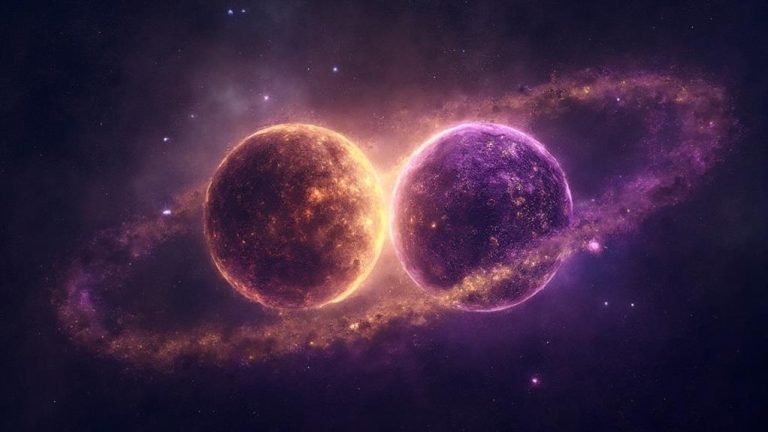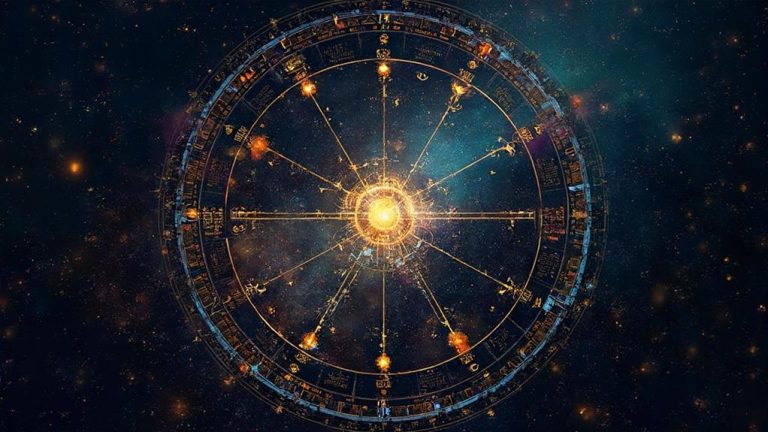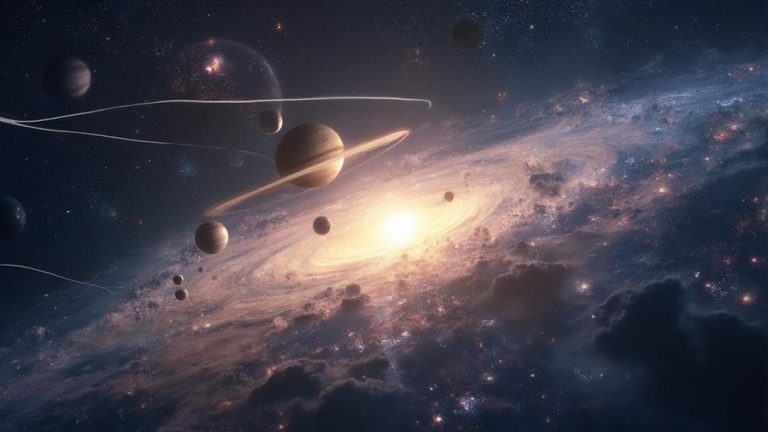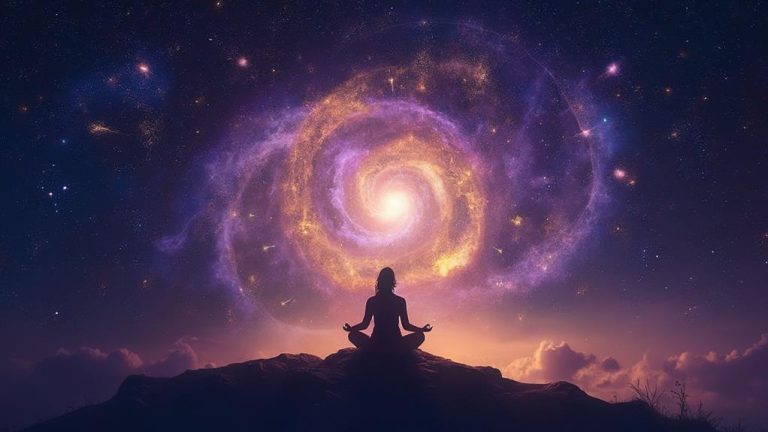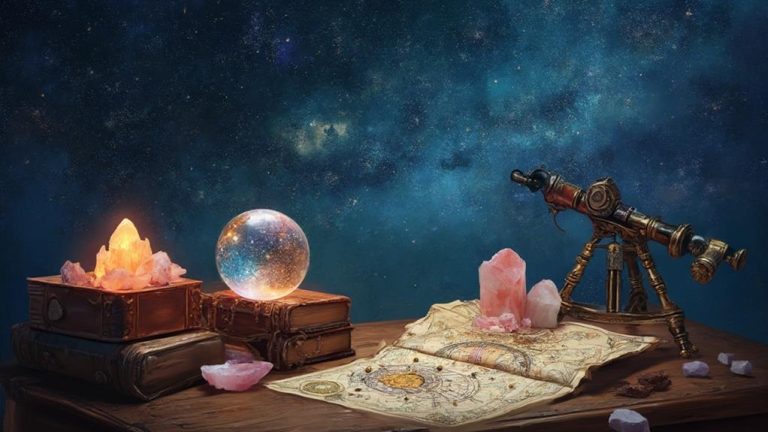Impact of Lunar Phases on Emotional Well-Being

The moon may slightly influence our emotions and well-being through its phases, although this connection is more theoretical than scientifically proven.
Historically, various cultures believed in the moon’s mystical powers, but today, modern research offers minor evidence, particularly impacting sleep and hormonal rhythms.
Understanding this relationship helps balance cultural wisdom and scientific inquiry.
Understanding Ancient Lunar Beliefs
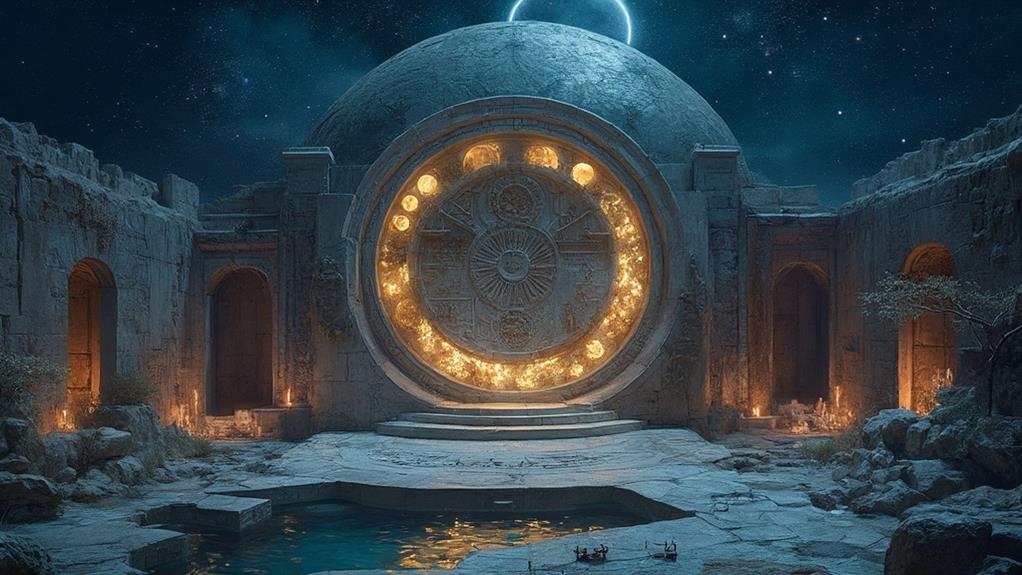
Throughout history, many civilizations believed lunar cycles had a direct effect on human emotions. Mesopotamians, for example, believed in tracking lunar cycles to predict behaviors. Babylonians and Greeks, such as Hippocrates, even linked mental health issues to the moon, coining the term “lunacy.”
In ancient Chinese medicine, moon phases were connected to individual health, while the Mayans used lunar calendars to predict human behavior efficiently. Medieval European doctors and Native American tribes also integrated lunar phases into medical treatments and spiritual ceremonies.
These cultural patterns helped ancient civilizations methodically document and observe behavioral trends relative to lunar cycles.
Scientific Evidence Behind Moon Effects
Despite widespread beliefs, there is little scientific backing to support the moon’s direct effects on human behavior. A number of studies show inconsistent evidence linking lunar phases to emotions or social actions. Often, people attribute changes to the moon due to confirmation bias rather than actual astronomical influence.
For example, a study from *Current Biology* in 2013 offered slight evidence that sleep patterns change during a full moon, but the significance was minimal. Similarly, a study by the *BMJ* found no correlation between psychiatric events and lunar phases.
Overall, the common belief in lunar influence may stem more from anecdotal observations and selective memory than hard evidence. Misconceptions persist as notable events occurring during a full moon often make stronger impressions on people.
Sleep Patterns During Moon Phases
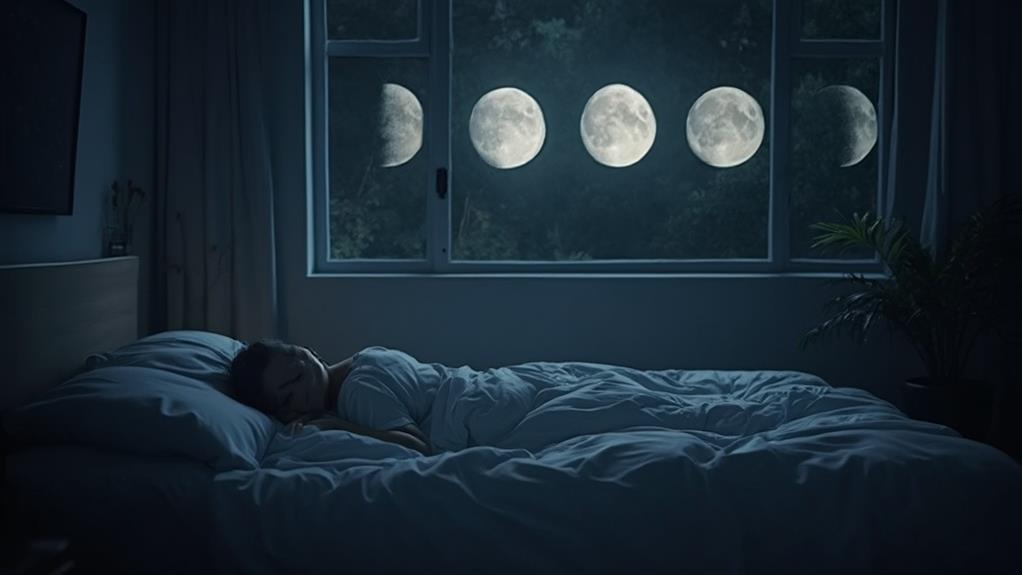
While the moon has a minimal effect on human behavior, several studies suggest that lunar phases can influence sleep patterns. For instance, during a full moon, people may take 5-10 minutes longer to fall asleep and experience up to 20 minutes less overall sleep, largely due to reduced melatonin levels and disrupted deep sleep cycles.
The effects also include greater nighttime awakenings and lowered deep sleep efficiency, reflecting a 30% drop in sleep quality, which may be associated with heightened brain activity during a full moon.
Interestingly, the new moon phase has been linked to improved sleep efficiency. However, artificial factors such as modern lighting and lifestyle choices can have a greater influence on sleep quality than lunar phases. Adjusting your habits may better improve sleep than attributing changes to the moon alone.
Hormonal Changes and Lunar Cycles
Research also links lunar cycles to minor fluctuations in key hormones like melatonin, cortisol, and reproductive hormones. Studies demonstrate that melatonin production dips during a full moon, which may impact mood and sleep patterns.
Cortisol, known as the stress hormone, has been observed to change slightly with the phases of the moon as well. Some reproductive hormones also show minor variations based on lunar cycles, suggesting a potential interaction between your body’s endocrine system and the moon.
There’s emerging research that lunar electromagnetic fields may trigger responses in the pineal gland, a small part of the brain responsible for managing sleep and wake cycles. Similar to how ocean tides respond to the moon, it’s possible your body subtly synchronizes with lunar rhythms.
Cultural Perspectives on Lunar Energy
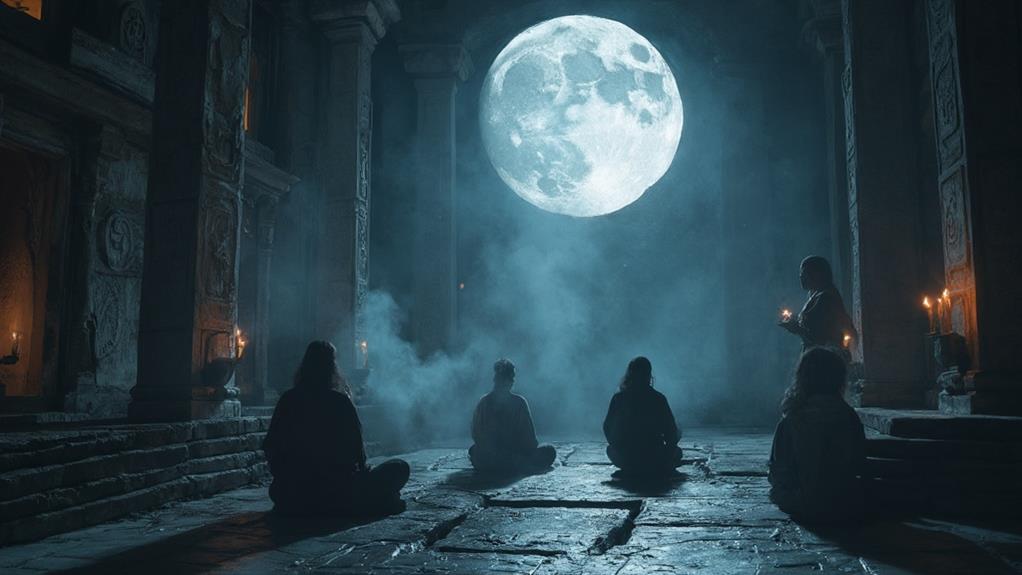
Many cultures have historically viewed the moon as a spiritual and physical influencer. In ancient Chinese medicine, lunar phases are believed to sync with the body’s natural rhythms, affecting health and healing approaches.
Native American traditions incorporate moon cycles into their ceremonies and rituals to promote harmony between humans and the natural world. Similarly, Hindus continue to use the moon calendar to time various religious festivals with lunar phases.
While science hasn’t confirmed all these beliefs, modern wellness practices increasingly draw from ancient traditions, encouraging a holistic link between human emotions and the moon’s cycles.
Frequently Asked Questions
Can Lunar Phases Affect Fertility Treatments and Their Success Rates?
There’s no scientific proof that lunar phases have any bearing on fertility treatments. Medical experts agree that success in fertility is influenced more by biological factors and advancements in medical practices than lunar cycles. In general, it’s more important to follow your healthcare provider’s guidance than rely on lunar timing.
Do Indoor Pets Exhibit Behavioral Changes During Different Moon Phases?
Although some pet owners report behavior differences such as increased activity during full moons, scientific evidence is inconclusive. Your pet’s activity levels are likely influenced more by their personality or other environmental factors like feeding schedules or weather conditions, rather than lunar phases.
How Do Artificial Light Sources Impact Our Connection to Lunar Cycles?
Artificial light, especially blue light from screens and LEDs, can significantly disrupt your body’s circadian rhythm. Exposure to these light sources can reduce melatonin production and diminish the body’s sensitivity to lunar light, weakening any potential natural connection to the moon’s cycles.
Are Some Zodiac Signs More Sensitive to Moon Phase Changes?
Astrology suggests that certain zodiac signs may be more responsive to the moon (e.g., Cancer is ruled by the moon), but this belief isn’t backed by scientific evidence. The effects of the moon on human behavior aren’t conclusively tied to someone’s astrological sign. While astrology enthusiasts may find patterns or correlations between lunar phases and emotional shifts, these interpretations remain subjective and lack empirical validation. Still, many people explore their astrological birth chart to gain insight into their personality or tendencies, often delving deeper to calculate your ascendant sign for a more personalized understanding. Regardless of scientific support, astrology continues to resonate with individuals as a tool for self-reflection and connection.
Does the Moon’s Gravitational Pull Affect Our Digestive System and Metabolism?
The moon’s gravitational pull impacts ocean tides, but it has a negligible effect on our bodies. While it’s scientifically understood that the moon doesn’t influence processes like digestion or metabolism, your overall well-being depends more on diet, physical activity, and lifestyle.
Conclusion
Although ancient wisdom and modern science both explore the moon’s influence on humans, empirical evidence supporting significant impacts remains limited. Minor effects on sleep and hormonal changes are scientifically plausible, but they are small compared to larger environmental factors like artificial light and lifestyle.
Cultural beliefs continue to shape how people relate to the moon, but balancing this with modern understanding helps differentiate between folklore and scientific fact.

